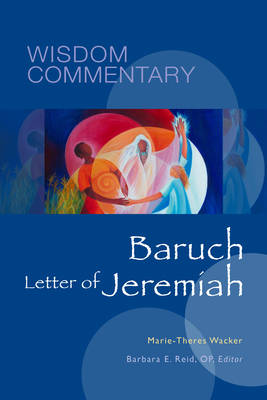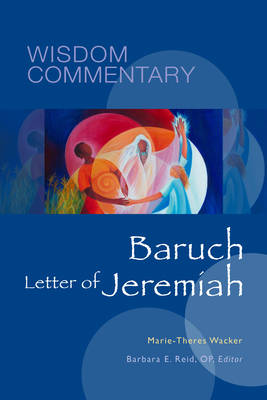
- Afhalen na 1 uur in een winkel met voorraad
- Gratis thuislevering in België vanaf € 30
- Ruim aanbod met 7 miljoen producten
- Afhalen na 1 uur in een winkel met voorraad
- Gratis thuislevering in België vanaf € 30
- Ruim aanbod met 7 miljoen producten
Zoeken
Omschrijving
Baruch and the Letter of Jeremiah are among the so-called deuterocanonical books of the Bible, part of the larger Catholic biblical canon. Except for a short article in the Women's Bible Commentary, no detailed or comprehensive feminist commentary on these books is available so far. Marie-Theres Wacker reads both books with an approach that is sensitive to gender and identity issues. The book of Baruch--with its reflections on guilt of the fathers, with its transformation of wisdom into the Book of God's commandments, and with its strong symbol of mother and queen Jerusalem--offers a new and creative digest of Torah, writings, and prophets but seems to address primarily learned men. The so-called Letter of Jeremiah is an impressive document that unmasks pseudo-deities but at the same draws sharp lines between the group's identity and the "others," using women of the "others" as boundary markers.
Specificaties
Betrokkenen
- Auteur(s):
- Uitgeverij:
Inhoud
- Aantal bladzijden:
- 208
- Taal:
- Engels
- Reeks:
- Reeksnummer:
- nr. 31
Eigenschappen
- Productcode (EAN):
- 9780814681558
- Verschijningsdatum:
- 1/04/2016
- Uitvoering:
- Hardcover
- Formaat:
- Genaaid
- Afmetingen:
- 157 mm x 231 mm
- Gewicht:
- 453 g

Alleen bij Standaard Boekhandel
+ 110 punten op je klantenkaart van Standaard Boekhandel
Beoordelingen
We publiceren alleen reviews die voldoen aan de voorwaarden voor reviews. Bekijk onze voorwaarden voor reviews.








